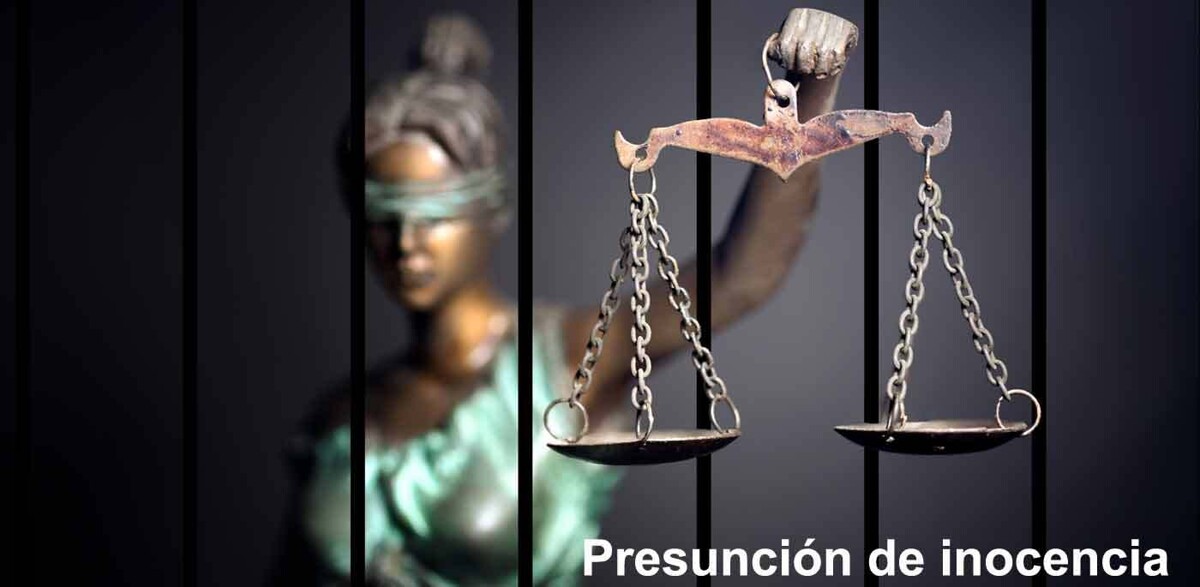
The project approved by the Senate of the Nation regarding changes in the Penal Code, the National Code of Criminal Procedure, and the Federal Code of Criminal Procedure has introduced the concept of recidivism as a new institution to consider in the judicial process. Recidivism is defined as the accusation in a criminal case at the same time that there are other processes in which the same person has been accused.
The incorporation of recidivism as a criterion for evaluating preventive detention aims to avoid situations of impunity where an individual can commit multiple crimes while being under judicial process. The lack of prior regulation in this regard allowed the criminal record of an accused person to be disregarded when deciding on their procedural situation.
This new cause allows criminal judges to deny the release of an accused individual if they have multiple open cases in which they are charged, even if they have not yet been prosecuted in any of them. It is established that the judge has a period of ten days to define the procedural situation of the accused, considering not only recidivism but also other elements such as the presumption of innocence and the severity of the charged crimes.
It is important to highlight that, although an individual maintains their legal innocence throughout the process, their "status" before the law and the judge changes upon being prosecuted. The presumption of innocence is a fundamental principle in the rule of law but can be undermined throughout the judicial process if sufficient convicting elements are presented to estimate the guilt of the accused.
In summary, the introduction of recidivism as a criterion for evaluating preventive detention seeks to strengthen citizen security and avoid impunity in cases where an individual accumulates multiple criminal charges. Despite maintaining the presumption of innocence, the change in the state of the accused upon being prosecuted reflects the complexity of the relationship between innocence and guilt in the judicial sphere.














